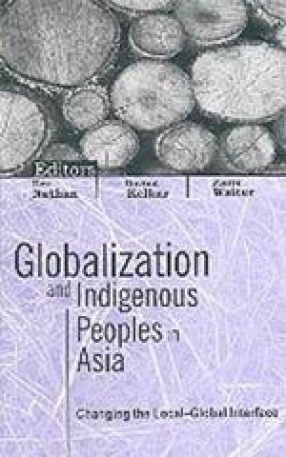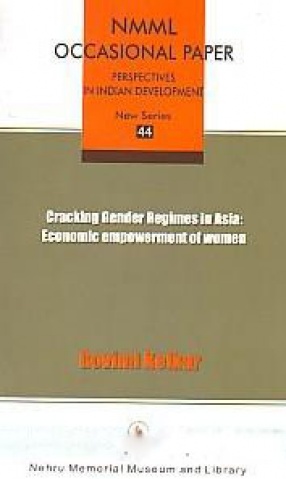International Trade and Global Civil Society
Synopsis
This book challenges the dominant anti-trade and anti globalization stands taken by many civil society organizations, such as NGOs, trade unions and women's organizations. The authors, however, argue that instead of 'free trade', international trade rules need to be tailored to the stage of development of an economy. Greater openness to trade can bring benefits of new livelihoods for women and men, new technologies and methods of production. But there is also the certainty that some livelihoods will become uncompetitive. In such cases, public policy should be re-directed away from propping up non-competitive livelihoods towards productivity-enhancing investments that can improve competitiveness. Subsidies should be directed to promote change, rather than freeze livelihoods. Instead of lamenting the fact that trade unions, women's organizations and other organizations of small producers can no longer be effective within national boundaries, the book argues that it has become necessary for civil society organizations to see themselves as, and make themselves, global. In order to improve labour (and environmental) standards, global action is a necessary concomitant to national action. In conclusion, there is a proposed agenda for civil society--to strengthen global countervailing power to capital."
Read more
47.70
42.93
$
53.00 $
Free delivery Wolrdwidе in 10-18 days
Ships in 1-2 days from New Delhi
Membership for 1 Year $35.00
Get it now and save 10%
Get it now and save 10%
BECOME A MEMBER











Bibliographic information
D. Narasimha Reddy
Govind Kelkar